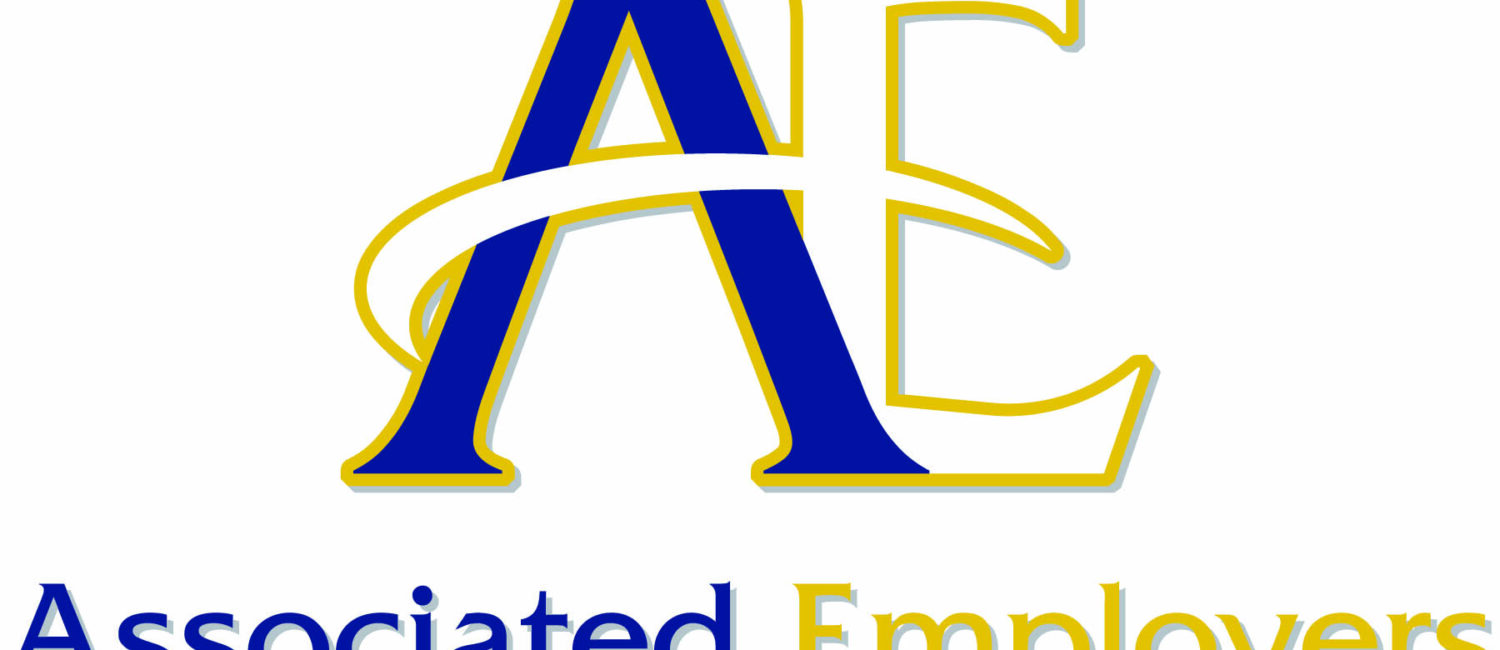HR Minute Brought to You By: Jessa Remington, HR Business Partner
When employers fail to comply with State and Federal wage and hour requirements, these mistakes can result in costly penalties. The most common mistakes employers make are as follows:
- Misclassifying nonexempt employees as exempt – To qualify for exemption, employees generally must meet certain tests regarding their job duties and be paid a salary of no less than $684 per week. Fact Sheet #17A on the U.S Department of Labor website provides detailed descriptions of the exemption categories and criteria. Check your job descriptions against these criteria to determine compliance and document your findings.
- Improper deductions from exempt salaries – Exempt employees must receive their full week’s salary for any week in which they work, without regard for the actual number of days or hours worked. Limited circumstances in which employers may make deductions from an exempt employee’s pay can be found in Fact Sheet #17A on the U.S Department of Labor website. Employers should refrain from requiring hour-for-hour use of sick leave, vacation, or PTO for exempt employee absences. Full-day deductions (or half-day if outlined in company policy) from time off banks are appropriate.
- Improper deductions from employee wages: Federal and State laws strictly limit the types of allowable payroll deductions. Review the applicable federal and state laws and implement a best practice of obtaining written authorization for payroll deductions not required by law.
- Failure to include extra pay in the calculation of overtime for nonexempt employees – When your pay practices include extra pay, such as shift differentials or on call pay, these must be included in the regular rate of pay used to determine overtime for the work week. Nonexempt employees are also entitled to overtime pay on commissions and certain bonuses, the amount of which is generally calculated based on hours worked in the time period for which the commission or bonus was paid.
- Failure to pay nonexempt employees for training and meetings – Employees are entitled to pay for attendance at trainings and meetings unless all four of the following criteria are met: it occurs outside of normal work hours, it is voluntary, it is not work related, and no other work is performed concurrently.
- Paying travel time for nonexempt employees – Travel for work on a one-day assignment to another city is hours worked, with the exception that employers may deduct the amount of time the employee would have spent commuting to their normal worksite. When an employee travels away from home overnight, time spent traveling is hours worked when it cuts across an employee’s workday. Actual work performed while traveling is always worked time. It is important to note that work-related travel time circumstances can be complex and highly varied in nature. Be sure to assess these situations on a case by case basis and evaluate applicable state regulations.
- Failure to pay employees for short breaks and meal periods – Breaks shorter than 30 minutes in duration or when employees are not completely relieved of all duties (for Montana based employees) are considered compensable time.
- Calculating overtime based on a time period other than the standalone work week – Generally, for purposes of minimum wage and overtime payment, each 7-day workweek stands alone; averaging of 2 or more workweeks is not permitted even when your pay period spans more than one workweek.
- Offering unpaid internships – Under the FLSA, employers must pay employees for their hours worked. Rare exceptions exist when the student intern is the primary beneficiary of the arrangement based on a seven-factor test.
Visit your State labor website or https://www.dol.gov/agencies/whd/compliance-assistance/handy-reference-guide-flsa#14 for more information. Members of Associated employers may call the HR Hotline at (406)248-6178 for help navigating these challenging pitfalls.





